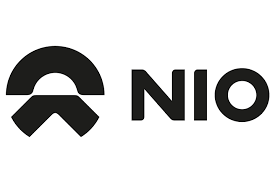Nio is building a new battery research and development center near its headquarters in Shanghai, intending to develop and use new types of battery cells in its electric vehicles (EVs), a Shanghai government filing showed.
Nio’s move is part of a growing trend among automakers attempting to develop their own batteries to secure an advantage in China’s fast-growing EV segment, which has been hit by supply chain bottlenecks in recent months.
The facility will be approximately 22,090 square meters (roughly 237,775 square feet), and located in the city’s northwestern Jiading district. It will involve an investment of around RMB 219 million ($32.8 million), according to a filing by the environmental assessment firm conducting a feasibility study for the project.
- The new facility will encompass 31 laboratories, one trial production line for lithium-ion battery cells, and one assembly line for battery packs made from lithium-ion cells, which could pave the way for Nio to make new batteries with improved performance capability and better safety measures at scale, the filing said.
- Slated for construction as early as August this year, the center will operate 250 days per year and employ about 400 staff, the EV maker said in the filing, but it did not reveal when the facility will start operations.
- Nio did not respond to TechNode’s requests for comment.
Nio has been sourcing cells manufactured by Chinese battery supplier CATL and assembling them into battery packs at one of its factories in the eastern city of Nanjing since mid-2019, in addition to undertaking in-house production of electric motors.
- Leapmotor, another local EV startup, revealed its so-called “cell-to-chassis” technology last month, which skips the need for battery packs and integrates modules directly into the vehicle body. Typically, battery cells must first be fixed into a battery module when being added to an EV.
- Tesla has been producing battery packs with cells from its partner Panasonic at a factory in Nevada since 2016. Chinese EV giant BYD is currently the world’s third-biggest battery maker with a market share of 11.1% as of March 31, Bloomberg reported on May 2, citing figures from South Korean research firm SNE Research.

